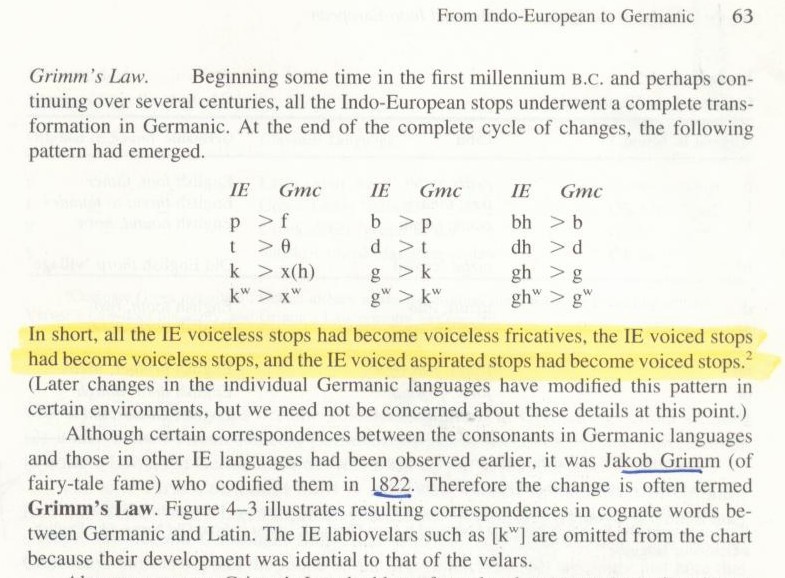This is a birthday present for a dear friend. Bun, hidup berjalan seperti bajingan Seperti landak yang tak punya teman Ia menggonggong bak suara hujan Dan kau pangeranku, mengambil peran Mum, life goes on like a bitch Like a friendless porcupine, It howls like the sound of the rain And you are my prince, taking on the mantle Bun, kalau saat hancur ku disayang Apalagi saat ku jadi juara Saat tak tahu arah kau di sana Menjadi gagah saat ku tak bisa Mum, if I am loved when I’m broken It’s even more when I am a winner When…
-
-
One of the great joys of teaching online is the magnificent encounter with strangers. One of my pair of students is a philosopher and a linguist from one of the best universities in the world. I thoroughly enjoy every single one of the class because of how utterly intriguing their questions are. Recently the philosopher asked me about the functions of the Indonesian prefix ter-. When paired with a verb, there are three main functions of this prefix: Stative: it describes a state or a situation as it is Buku ini terletak di meja. The book lies on the table. (the…
-
Tak kenal maka tak sayang. Tak sayang maka tak cinta. Knowing leads to caring. Caring leads to love. – Indonesian proverb Upon choosing this proverb, I struggled to translate it into English. It’s a well-known proverb in Indonesia and it basically asks this question: “If you don’t try to get to know someone, how can you care about them?” Equally, if you don’t care about them, how can you love them? The reason why it’s tricky to translate is because of these words: tahu vs kenal (to know) and sayang vs cinta (to love). What’s the difference? Tahu vs Kenal…
-
Kacang lupa kulitnya. Peanuts forget their shells. – Indonesian proverb This proverb is used to describe someone who has forgotten its roots. I’d just like to share some useful phrases to talk about our background, including our family, hometown, nationality, and heritage. Latar belakang: background 1. Kamu lahir di mana? = What’s your birthplace? You [were born] where? lahir (verb) = to be born Saya lahir di Bandung. I was born in Bandung. 2. Kamu lahir tanggal berapa? = What’s your date of birth? You [were born] date which? tanggal (noun) = date Saya lahir tanggal 31 Juli 1991. I…
-
The word linguistics is composed of two morphemes linguist and –ics. The base morpheme linguist derives from the Latin word lingua (“language” or “tongue”) whilst the suffix -ics tends to generate nouns that refer to fields of knowledge and practice. Does that explain anything about linguistics? No, anyone can google that. Does it sound ‘linguisticky’? Probably, especially if you trace back lingua to ,the Old Latin ,dingua, ,which has even been analysed down to its Proto-Indo-European (PIE) root. But that’s not linguistics. That’s etymology (the study of the origins of words), and it’s only a minuscule aspect of the whole…

